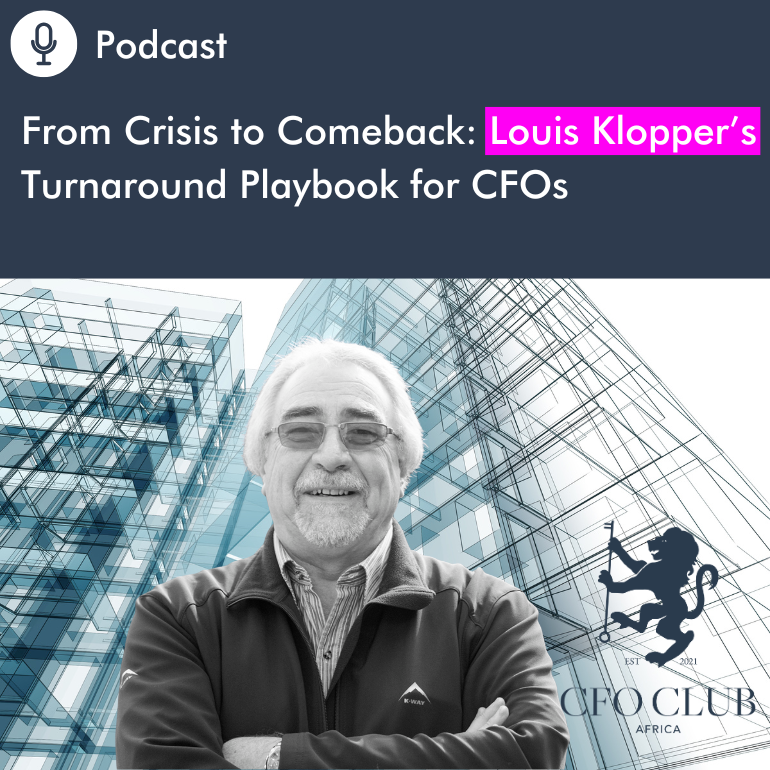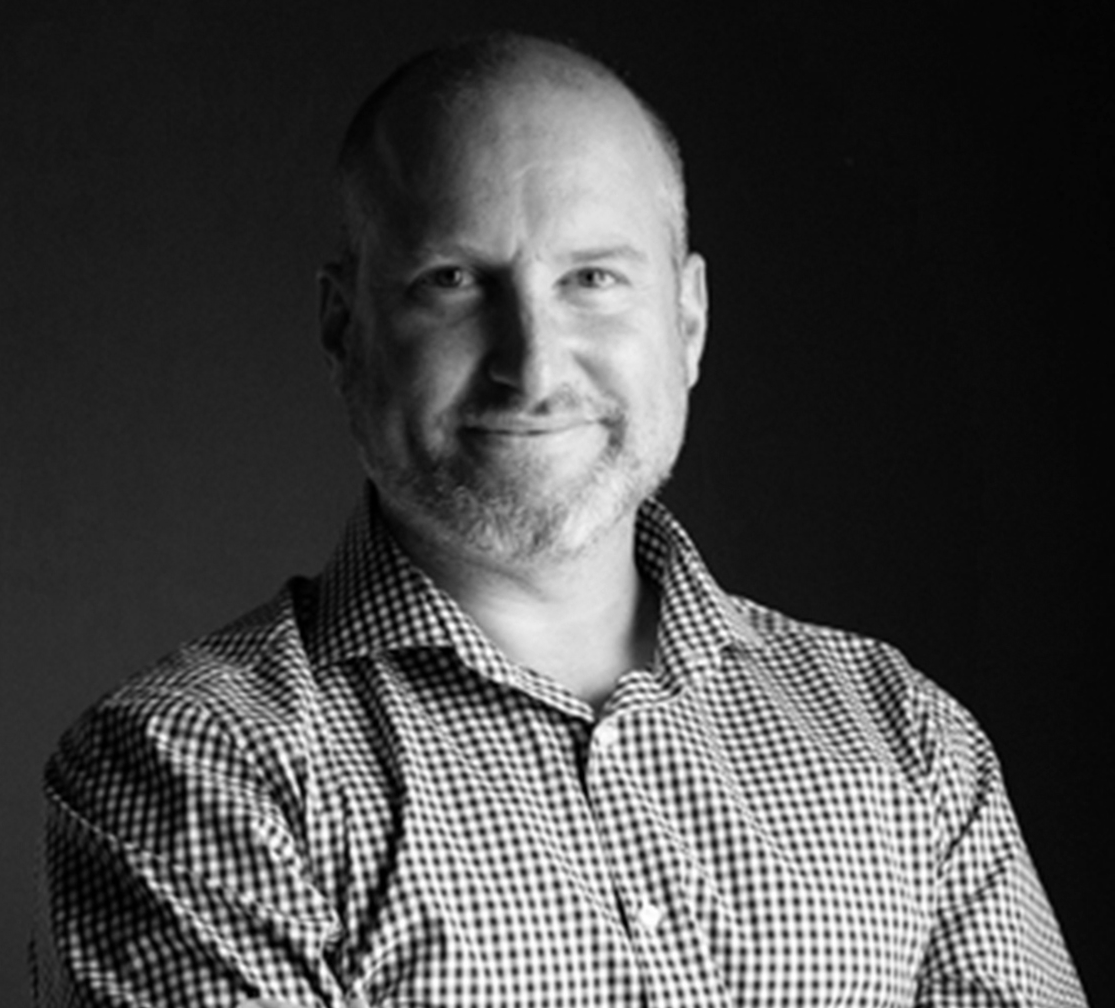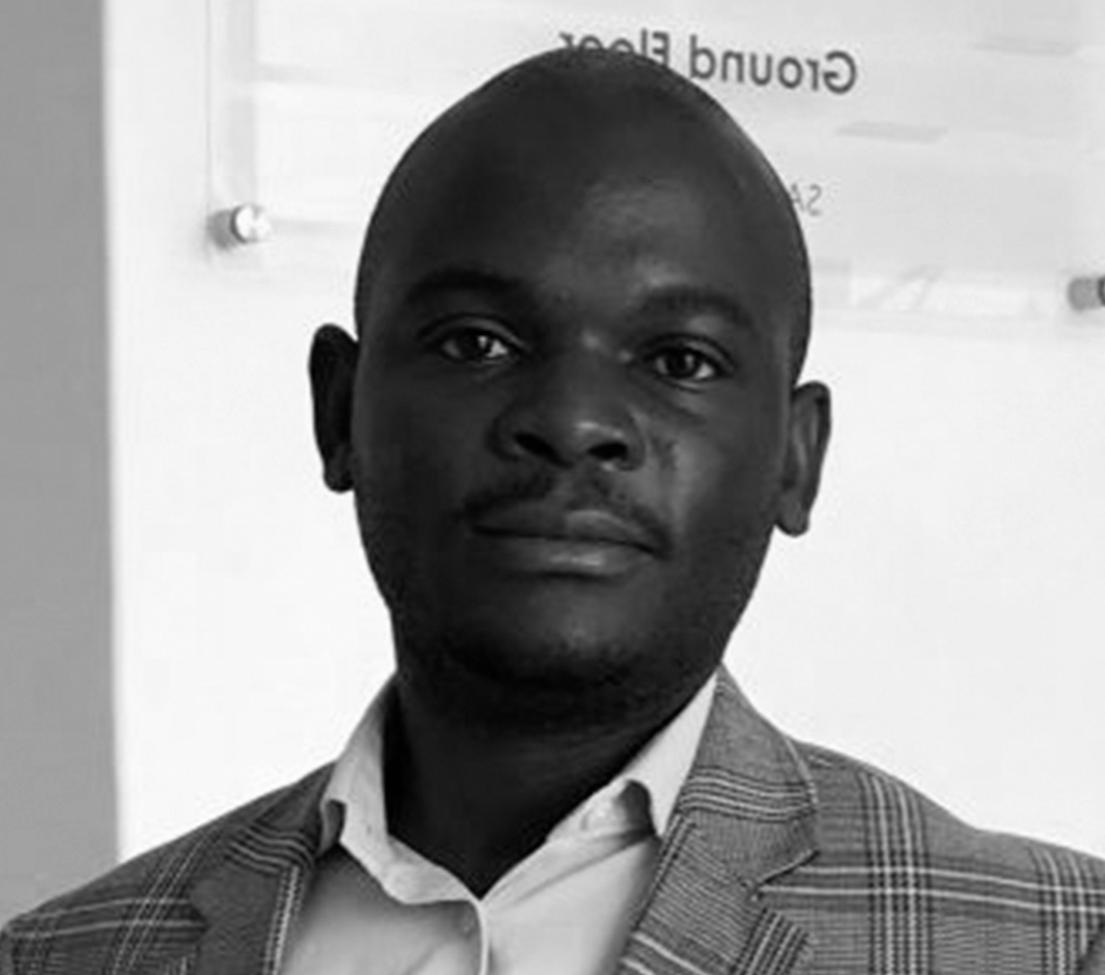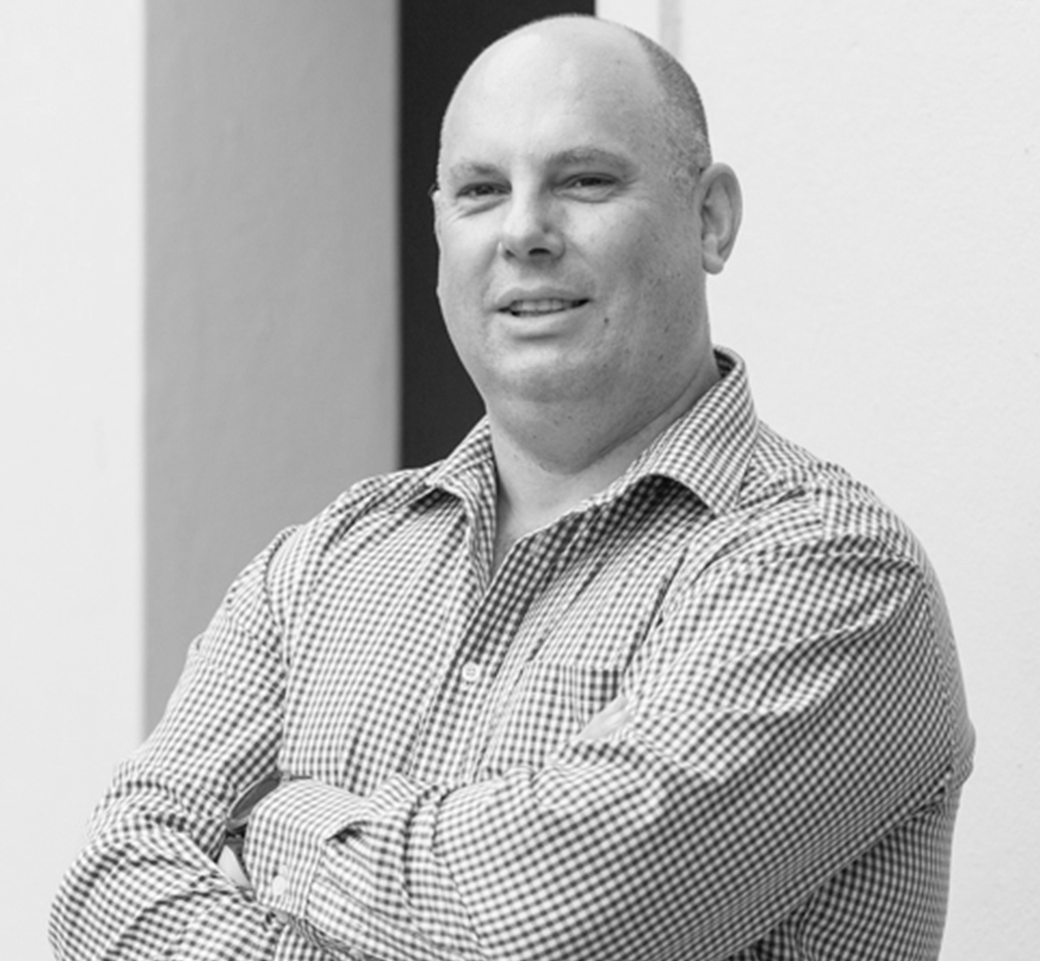From Crisis to Comeback: Louis Klopper’s Turnaround Playbook for CFOs
In the latest episode of the CFO Club Podcast, we sat down with Louis Klopper, CFO at Coronado Consulting Group and a veteran in business rescue and strategic turnaround. With over three decades of experience in corporate banking, finance, and distressed business recovery, Louis brought a wealth of insights into navigating today’s volatile landscape.
Whether your organisation is teetering on the brink or simply seeking ways to future-proof itself, this episode is packed with practical, battle-tested advice, drawn from real-world recoveries, economic insights, and even ancient strategy.
From Brink of Collapse to Strategic Resilience
Louis opened with a clear message: the physical process of turning around a company hasn’t changed much in 25 years, but the environment it operates in has shifted dramatically.
“The real challenge lies in life after the rescue, when a refocused company must now operate in a highly competitive, volatile, and often hostile global landscape.”
He pointed out that while the mechanics of lean operations and restructuring remain consistent, CFOs today must grapple with:
- Regulatory red tape and compliance burdens
- Political uncertainty and global volatility
- Infrastructure challenges and escalating input costs
- Widespread corruption and mismanagement
In other words, getting the company back on its feet is just the start. The real challenge? Competing—and winning—in a turbulent world.
What’s Your Plan B?
Louis is known for his mantra: “What’s your Plan B?” For South African businesses under immense local and international pressure, he lays out a three-part framework:
1. Introspection
Evaluate internal inefficiencies, revisit lean principles, and eliminate waste (“muda”) across operations.
2. What Do You Compete With?
Define value from the customer’s perspective. Are your offerings still relevant? Are you building what customers actually want?
3. Where Do You Compete?
Diversify. Expand into new markets or tweak products for untapped segments, just like how Vaseline became Lip Ice and aqueous cream.
He challenged CFOs to treat their business as the crown jewel it is, calling out the flawed reliance on annual audits as a substitute for true health checks.
“You insure your car, do medicals for yourself, but when last did you check the health of your biggest asset: your business?”
Geopolitics, Trade Sanctions & Supply Chain Rethinking
The conversation turned to global tensions, particularly the USA’s shifting trade stance and sanctions. Louis warned that South African businesses could face fallout, but this also presents opportunities, if they act quickly.
“In the chaos lies opportunity. Fix your enterprise, decide on your offering, and position yourself as a reliable partner, especially in regional alliances like SADC and BRICS.”
He encouraged CFOs to localise procurement where possible, diversify supplier bases, and target regional growth amidst global fragmentation.
Lessons from Sun Tzu: Strategy in Turbulent Times
Louis shared how he applies principles from Sun Tzu’s Art of War, especially:
- “In the midst of chaos, there is opportunity.”
- “Know yourself, know your enemy, and you need not fear the result of a hundred battles.”
One real-world example? A food packaging manufacturer pivoted from seasonal beverage industry clients to high-margin food customers. With ISO and BRC certifications, the company’s profits increased tenfold in just two years.
Tech as a Tool, Not a Crutch
Despite the pressure to digitise, Louis reminded listeners: technology is not strategy. It should enhance, not replace, human judgment, processes, and culture.
He cautioned against over-prioritising tech:
- It can drive up costs if poorly integrated
- It can alienate teams without proper training
- It cannot replace strategic thinking
Business Rescue vs. Liquidation: Timing Is Everything
One of Louis’s most powerful points was about timing. Too many directors wait until it’s too late to seek business rescue.
“Distress has a long incubation period. By the time they call, it’s two years too late. Don’t wait for the summons.”
He also criticised the misuse of liquidation by some legal practitioners driven by fee-sharing arrangements, rather than what’s best for the business.
Ethics and Integrity: The Red Line
Louis didn’t mince words: Manipulating or hiding data is the ethical line CFOs must not cross. He cited Steinhoff as a case study in how it all goes wrong when financial transparency is lost.
The Dollar Debate: Should CFOs Care?
On the global push for de-dollarisation, Louis advised CFOs to watch closely. The US dollar may be dominant today, but emerging economies, especially BRICS nations, are creating new trading structures.
“Amidst global realignments, South African CFOs must position themselves as reliable, value-driven partners in new trade corridors.”
The Human Story: Vision + Leadership = Legacy
Louis closed with a goosebump-worthy story: an entrepreneur who promised his employees a paid-off house and car in 10 years, and delivered. Every staff member, from executive to tea lady, benefited when the company was sold.
This story echoes Jim Collins’ themes from Good to Great: success is rooted in care, consistency, and keeping your enterprise relevant over time.
Edcon: A Real-World Turnaround Case Study
Edcon, once a leading retail conglomerate in South Africa, faced severe financial distress due to a combination of factors, including aggressive expansion, mounting debt, and shifts in consumer behaviour. By 2016, the company reported a staggering net debt of R24.7 billion. In an effort to avert collapse, Edcon entered business rescue proceedings in 2020, aiming to restructure its operations and stabilize its financial position.
The business rescue plan involved:
- Operational Restructuring: Closing underperforming stores and streamlining operations to reduce costs.
- Asset Sales: Selling off certain brands and divisions to raise capital.
- Debt Reorganisation: Negotiating with creditors to restructure existing debt obligations.
Through these measures, Edcon managed to preserve a significant number of jobs and maintain a presence in the South African retail market, albeit in a leaner form.
This case exemplifies the importance of proactive financial management and the potential effectiveness of business rescue mechanisms in South Africa.
From regulatory hurdles and supply chain fragility to ethical dilemmas and digitisation, this episode was a masterclass in modern CFO leadership. Louis Klopper’s wisdom reminds us that while the world may be chaotic, with strategy, clarity, and care, businesses can still thrive.
Transcript
Guest: Louis Klopper, CFO at Coronado Consulting Group
Host: Leana van der Merwe, Technical Specialist at CIBA and Content Developer at CFO Club
Leana: Good day to all our CFO Club members out there, and thank you so much for dialing in today and joining us for our CFO Club Podcast. I’m very excited. We’ve got Louis Klopper with us in the studio today. He knows exactly what it takes to steer a business from the edge of collapse to sustainable recovery—not just recovery, sustainable recovery. And he does it with a cool head and a sharp strategy.
Our guest, Louis Klopper, is a proud holder of the CFO(SA) designation, a senior business rescue practitioner, and a turnaround management specialist with more than 30 years of experience across corporate banking, strategic finance, and distressed business recovery. Currently, Louis serves as the CFO at Coronado Consulting Group, where, for over two decades, he has been the calm in the corporate storm, helping businesses not just survive but really thrive.
From his early days at Absa Bank to his now decade-long career in business rescue, Louis has become a trusted figure in the world of operational turnaround. He’s also a lifelong learner, a dedicated mentor, and someone who believes every crisis is an opportunity if you have a solid Plan B. Outside the boardroom, Louis is a puzzle lover, a history enthusiast, and a keen traveller who finds inspiration in battle sites and ancient strategy texts.
He brings that same sense of curiosity to the work he does mentoring the next generation of finance leaders. And that next generation is so, so important to me in the finance world we operate in today. Louis, welcome to the podcast and the CFO Club. You are not new to the CIBA family and the CFO family. Very welcome, and it’s a big pleasure to have you here with us today.
Louis: Thank you, Leana. It’s really an honour and a privilege to be here today and to hopefully share some interesting thoughts on the topic.
Leana: Thank you so much, Louis. Now, you have led companies from crises to recoveries, and I’m sure there’s a whole lot of change that’s happened over the years. So how would you compare the turnaround challenges in the early 2000s to what CFOs are facing in 2025?
Louis: Wow, Leana. Yeah, that’s a big question. You know, the physical turnaround process of restructuring the affairs, business, and operations of a distressed company into an efficient, lean, and mean operation is the easy part. And nothing much has changed in the last 25 years.
The challenge lies in life after, where the entity has to compete in a vastly different environment, both micro and macro, facing a regulatory minefield of red tape, increased compliance issues, political uncertainty, increased global economic volatility, skill shortages, low investment and growth, inadequate infrastructure, and high input costs. This is all exacerbated by sustained corruption and mismanagement and critical energy and logistics issues driving the cost of doing business even higher.
So the real challenge for the company that has been invigorated and refocused and is raring to go lies in the vastly different and highly competitive operating environment compared to 25 years ago. Just in the last four months, since there’s been a new administration in the United States, the global environment and competitive landscape have changed dramatically and caused a huge amount of uncertainty. Now you have this new company that’s just gotten a new lease on life, and they’ve now got to sell their products or services into all this uncertainty, with wars and everything else on the horizon.
So it’s a minefield out there. Companies have to tread carefully and do their planning and homework properly. But the big challenge is the vastly different competitive environment they are now entering compared to 25 years ago.
Leana: Thank you so much, Louis. I’m so glad you brought up the changes in the USA over the last couple of months because we’re definitely going to touch on that today in our discussion.
The CFO Club did a spotlight on you recently, and you’ve got a mantra you use: “What is your Plan B?” So I want to ask you: what is the current Plan B for South African businesses operating under global economic pressure together with the domestic instability we currently face?
Louis: Given the challenging domestic environment, which is significantly influenced by global economic and political uncertainty and volatility, I suggest that South African businesses focus on the aspects they can control, while remaining mindful of external disruptive factors and being able to adapt as circumstances change. It is acknowledged that both domestic and global markets are challenging.
However, the big question is: do we ensure on an ongoing basis that our businesses are fit and ready to compete as opportunities present themselves? To add context, let me share my pet gripe with corporates. We run off annually for personal medical check-ups. We take our cars for regular services. We insure our assets. But how often do we do a health check on the biggest single investment a shareholder makes in their life? That business is the source of their livelihoods, retirement, wealth creation, their children’s futures, etc.
Don’t believe for a moment that the annual financial statement produced by the company auditor is a health check. It’s not. Most of those annual financial statements end up gathering dust in file 13.
So my Plan B has three components. First, introspection to determine your state of readiness to launch into a new adventure. Then, careful consideration of what you want to compete with. And lastly, a decision on where to compete.
Let’s start with introspection. I believe one has to fix it first. Companies are fraught with inefficiencies and waste throughout their operations, resulting in unnecessary costs that erode gross earnings. Businesses should revisit the philosophy of lean thinking and the elimination of “muda” – the Japanese word for waste. Waste is the scourge of business and includes any human activity that absorbs resources without adding value: unnecessary processing steps, transporting goods pointlessly, idle downstream activities, and goods or services that don’t meet customer needs.
By eliminating waste and inefficiencies, the dramatic impact on the bottom line will astound you and create reinvestable profits for the future.
The second part: what do I compete with? You’ve got to rethink value from the customer’s perspective to create a competitive advantage. You must define value precisely in terms of specific goods and services with specific capabilities at specific prices through dialogue with specific customers. Providing the wrong goods or services in the right way is still muda.
Consider the thousands of apps available today. Many achieve stardom; many others bomb out. Did the developers do their homework to determine if the consumer actually needed them, or were they just nice-to-haves?
The third point: where to compete. You need a diversification strategy. This means expanding into new markets or developing new products to reduce risk and increase profitability. It allows tapping into new markets and customer segments, creating new income streams, enhancing brand reputation and market share, and leveraging technological advancements.
Let me give you a fascinating example. For generations, Vaseline petroleum jelly was a staple. One day, someone added a drop of a hardening agent, put it in a tube, and called it Lip Ice. Later, someone added water, whipped it, and created aqueous cream. These are examples of how you can take one base product, tweak it slightly, and open entirely new profitable markets.
We often get carried away by economic and political turmoil, but we forget to care for the crown jewel in our hands. While it’s important to be aware of external developments, CFOs should keep their companies in tip-top condition with regular health checks, constantly evaluate the relevance of their offerings, and scan for new opportunities.





